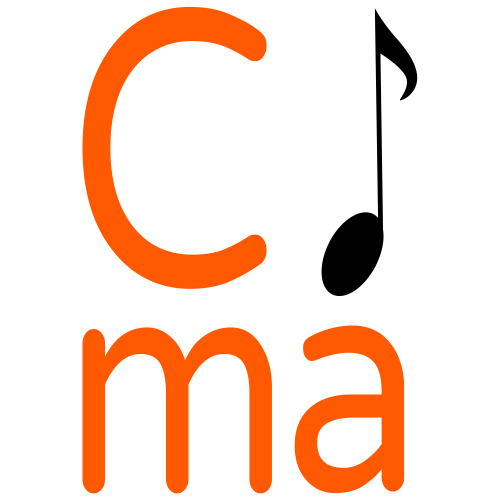Songwriter Matthias Kadar about the romantic French Chanson heritage
and explains Au Clair de la Lune (video)
We asked Matthias Kadar for a Masterclass about "Au clair de la lune", one of the most renowned pieces from the French chanson repertoire.
Matthias Kadar is a Hungarian-German composer and songwriter. In his Oeuvre, there are about two hundred pieces for most instruments including a book for piano (Der Virtuos), a book of songs for baritone voice and piano based on poems in German, Hungarian and French, a small theatre piece (Cyrano) and a Concerto for violin and orchestra (Aede). Most of his works have had public performances at different festivals all over the world, for example, Mahler festival in Budapest, Ireland, Japan, USA, Salzburger Festspiele.
A singer and chansonnier
As a singer and chansonnier, he is, next to his work as a soloist and composer, performing together with the Budapest Festival Orchestra in an opera of Iván Fischer or with different groups. Until 2014 he was part of the Trio de Passage together with saxophonist Hester Cnossen and puppeteer Feike Boschma.
We interviewed him about his personal and musical relationship with the "chanson", and here is what he told us:
How did you discover your passion for "chanson"?
When I make music, compose or sing chansons, I see before me my father working with me on a poem, I had to learn by heart for school. It was an important lesson for me: how to make music out of words. I remember my piano lessons, practising music from the classical and baroque repertoire and to play for us children a record of Georges Brassens, the great french poet and songwriter. This became the beginning of my great love and admiration for the artistry of Georges Brassens.
When did you first play a chanson?
When I was about fifteen years old I stepped into a music shop with my mother to buy my first classical guitar – after having played Eric Clapton, Jimi Hendrix, Queen and Pink Floyd on an electric guitar for quite some time – guess what was the first thing I did? Of course, trying out one of Georges Brassens’ songs!
My first audience and music critic was Jeannot, our dog, and he didn’t walk away while listening to my singing! I took it as a compliment as he did walk away whenever I played one false note on the piano. So I continued singing and playing more songs of Brassens. Later on, I began to learn chansons by other composers like Jacques Brel, Jacques Prévert, Jozsef Kosma, Serge Gainsbourg and old french songs like Au clair de la lune.
What is your sensation about singing texts based on?
Well, probably due to the fact that I was raised in three languages and learned a few more with the years, I always stayed open for songs in the other languages. Especially languages I could feel and talk. So I learned songs by Ramses Shaffy, Toon Hermans, Nina Hagen. I feel that all these songs ask from me the most intimate I have to be able to perform them. And sincerely, I don't see much difference between a song by Brel, Brassens or Franz Schubert. The more I sing Schubert’s songs, the more I don’t see any difference for me, as a performer. I would even dare to say, that as a composer, I wouldn’t want to see any either. This because the making of the right music in any style for any text or poem asks the most intimate too from any composer! The text has always to be ’singable’, the music a singing lyric chant. That is why I feel all these composers to be linked to each other by their honesty to make the absolute best of every text and poem.
So what you would say as a definition for the old chanson's heritage?
They link back, for me, until the madrigals; there too; music made out of a text or poem. To be able to recognise this is for me a great lesson in humbleness and also a beautiful gift. If making music on a text or poem, through ‚ honest workmanship can be seen as a tradition, I am happy to carry, together with many others, the flame of it in me and to share it.
I see it too as a duty.
Many of these compositions are based on literature, that is art in itself. And with art, I mean the possibility to open for us the door of fantasy and emotions and a try to get, in some sense more aware of our reality. This order may be important: You may begin the confrontation with music in yourself and reflect it later outside yourself. In this sense or Idea, I do believe that any text, that wants to become music, should have something ‚more’, then the documentary style of telling an information. A dear friend of mine told me once: poems are the soul of a language! It doesn’t mean that you cannot put a shopping list in music or the phone book! It’s fun to do and I invite everybody to do it! but I hope that you’ll feel the difference in yourself between the wanted and meaningful content of a phonebook and this of a poem. I hope you’ll get even more interested in wondering what this ’tradition’ may be all about!
And about the famous "Au clair de la lune" you can see in the video below his playing and explanations, and you can hear the straight song in the audio file below the video.
Au Clair De La Lune performed by Matthias Kadar
Links:
Matthias Kadar Composer/Songwriter
